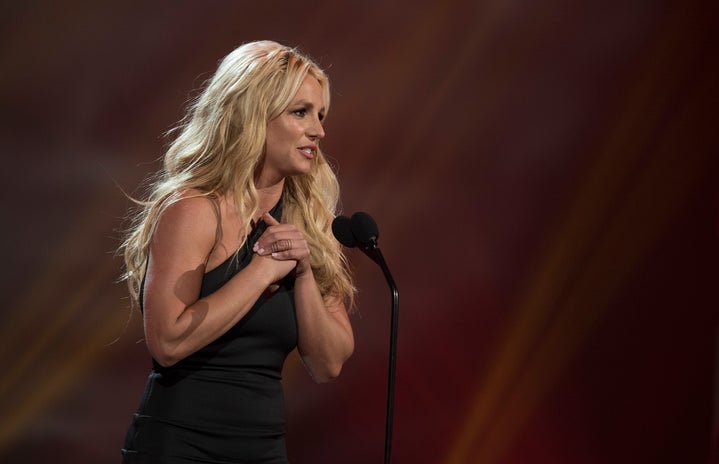Celebrity is defined by the quality of being publicly well-known by both the media and the general public. There are several different avenues of attaining and maintaining fame – of which some are more questionable than others – especially in our modern era. The concept of celebrity is arguably as old as time but never before has there ever been such an extensive celebrity culture and frenzy as there has been in our digital age. Unsurprisingly, some problems have emerged from this, such as the interesting dichotomy between blind celebrity worship and the gross mistreatment of celebrities by their record labels and management teams.
Many people today seem to have taken an invested interest in the details of the personal and professional lives of those that they have no personal relationship with. This occurs in varying degrees and can have many detrimental effects on our personal mental health. There has been some evidence that poor mental health is directly correlated with celebrity worship: mainly that the intensity of reverence is linked to higher levels of stress, illness, anxiety, depression, as well as negative body image and self-perception. While it might build some kind of community or be a form of escapism for fans of celebrities, there is a fine line to cross between admiration and outright obsession and fanaticism.
For celebrities, behind a shiny veneer of a glitzy and glamorous lifestyle lies hopelessly unrealistic ideals of perfection, relentless scrutiny, sexual abuse and exploitation, as well as stalking and social media harassment. Celebrities from all over the world are used by the various industries they come from to appeal to fans. Whether they be film stars, musicians, artists, athletes or K-pop idols, they are generally expected to be utterly perfect in every sense of the word – even at the expense of their own emotional and physical wellbeing. The industry treats them as commodities and tools, as living dolls that become the toys of the public. Even for some of the more self-directed social media influencers of today who may not be bound to the same constrictions and conditions of celebrities of the past, they are still held up to impossible standards and torn apart by the media and the public on a daily basis. The idea of a contract is outdated and problematic in its own right, implying that celebrities can become the property of the management bodies they sign with. Celebrities are often forced to fit a certain image or make themselves as appealing to the public as possible through changes to appearance, lifestyle or how much a celebrity can actually share about themselves. This quest for success ultimately sacrifices their own sense of self and self-direction. For example, a singer may be forced to perform songs outside of their preferred genre or even change how they sing so they can fit a specific sound.
Things like the covid-19 pandemic also remind us that despite many celebrities’ best efforts to maintain a sense of relatability with the everyday person, there are still many differences between the realities of regular folk and celebrities. It’s also worth mentioning that some celebrities simply aren’t good role models and should not be appreciated outside of very limited parameters or even at all.
The role of celebrity culture in society is increasingly scrutinized today for these reasons. Hopefully, in the future, we can have a more adequate way of filtering and monitoring which could help us keep the best interests of all people involved, whether they are a celebrity or an ordinary person.


